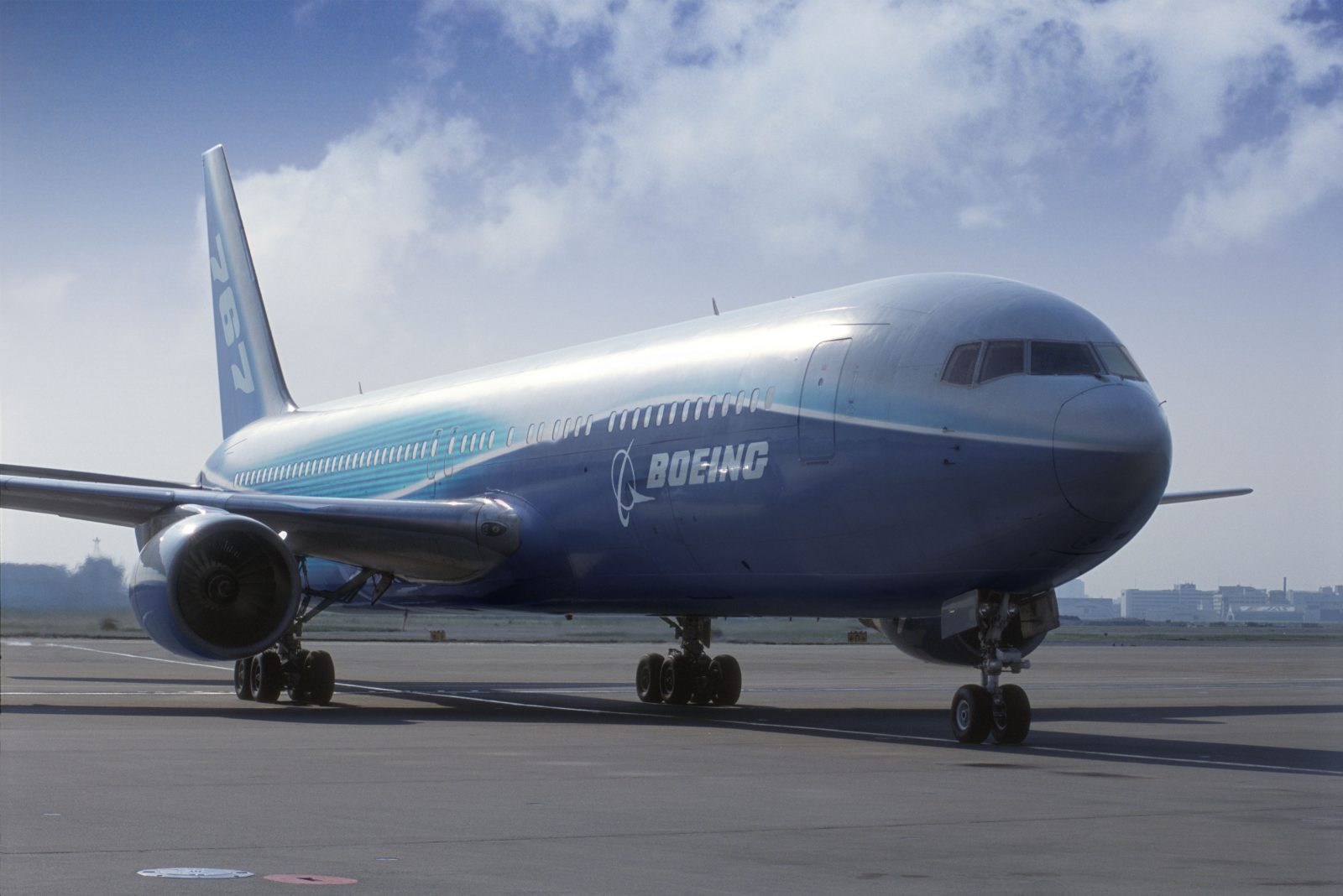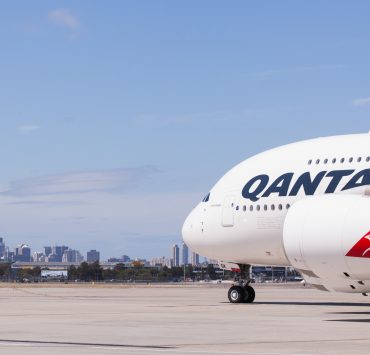
Beleaguered aircraft manufacturer Boeing has won a fight to keep a ‘toxic’ cabin air lawsuit brought by two United Airlines flight attendants in federal court where the legal system may favor the Chicago-based company.
Linda Curry and Allen Cheung were working onboard United Airlines flight UA71 from Amsterdam to Newark in January 2018 when a contaminated cabin air event occurred and the Boeing 767-300 was forced to divert back to Amsterdam so that flight attendants and passengers could receive medical attention.
Lawyers acting on behalf of Curry and Cheung say the pair continue to suffer from the after-effects of breathing in the “toxic” cabin air including nausea and fatigue, decreased motor skills, muscle pain and vertigo.
An investigation in the incident by the Dutch air safety board revealed a small puddle of synthetic motor oil in the fan cowling of the right-hand engine. The flight attendants believe this oil contaminated the air they breathed in the cabin because new air is pumped from outside via the engine in a process known as ‘bleed air’.
Curry and Cheung say Boeing has known for years that ‘bleed air’ can become contaminated with neurotoxins from heated jet engine oil and hydraulic fluid that can cause issue health effects for anyone who breathes in the toxic fumes.
Describing the scandal as the airline industry’s “dirty little secret”, the lawsuit claims Boeing’s senior engineers raised the alarm as long ago as 2007. The only aircraft in the current Boeing range that doesn’t use bleed air is the 787 Dreamliner.
“Boeing has still refused to take any remedial action,” the lawsuit claims. “Boeing has failed to rectify its flawed and defective bleed air design. Boeing has failed to design, install, implement, or provide sensors or alarms to notify the flight crew about contaminated air events so action can be taken to reduce or minimize exposure,” it continues.
Curry and Cheung say they could smell “dirty sock” odour around 45 minutes after departure from Amsterdam – a classic telltale sign of a contaminated air event. Flight attendants were put on oxygen and investigators determined that other factors weren’t the cause of flight attendants feeling ill.
While some flight attendants appear to have recovered quickly, the lawsuit claims that Boeing has known since the 1950s that some people are more susceptible to contaminated cabin air than others.
Originally filed in the State of Illinois, Boeing managed to get the lawsuit moved to federal court against the wishes of the plaintiffs.
“It’s no secret that companies sued as defendants generally prefer to litigate in federal court, not state court,” explains Colin E. Wrabley from the Legal Intelligencer. “Federal courts are presumed to be more predictable, more transparent and less subject to local biases than state courts,” says Wrabley.
Curry and Cheung moved to get the case brought back to a local state court but lost their appeal on Monday. One of the arguments brought by Boeing was that the case should come under admiralty jurisdiction which would be covered by a federal court.
Admiralty jurisdiction applies to incidents that happen on a vessel in territorial waters – Boeing’s lawyers argued that 45-minutes after departure from Amsterdam, the aircraft would have been flying over the North Sea and as such in territorial waters.
The case continues.
Mateusz Maszczynski honed his skills as an international flight attendant at the most prominent airline in the Middle East and has been flying throughout the COVID-19 pandemic for a well-known European airline. Matt is passionate about the aviation industry and has become an expert in passenger experience and human-centric stories. Always keeping an ear close to the ground, Matt's industry insights, analysis and news coverage is frequently relied upon by some of the biggest names in journalism.









